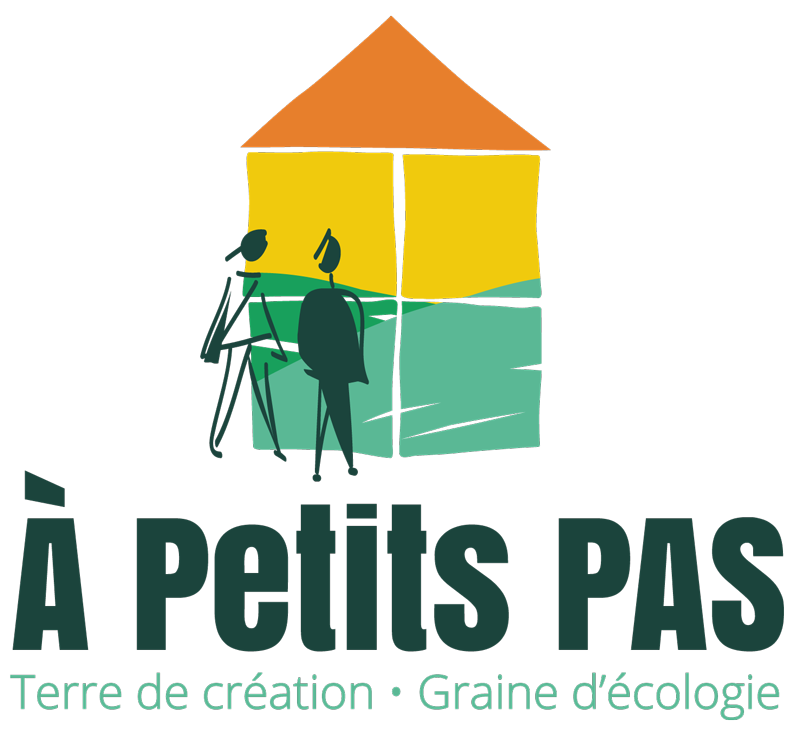To express agreement meaning: How to convey your assent with clarity and impact
Agreeing with someone`s perspective or opinion can be a powerful way to build rapport, strengthen relationships, and foster productive collaboration. Whether you`re having a conversation with a colleague, responding to a client`s feedback, or commenting on a social media post, expressing agreement can help you convey empathy, respect, and openness to new ideas.
However, the way you phrase your agreement can have a significant impact on how it`s perceived and received. Depending on the context, audience, and tone of the conversation, different expressions of agreement may be more appropriate or effective.
In this article, we`ll explore some common ways to express agreement meaning and provide examples of when and how to use them.
1. « I agree. »
This is perhaps the simplest and most straightforward expression of agreement, and it can be used in a wide range of contexts. Whether you`re nodding your head in a face-to-face conversation, replying to a comment in an online discussion, or summarizing someone`s feedback in an email, saying « I agree » can signal that you`re on the same page as the other person.
Example:
Person A: « I think we should focus on improving our customer service. »
Person B: « I agree. We`ve received some negative feedback lately, and we need to address it. »
2. « Absolutely. »
This is a more emphatic and enthusiastic way to express agreement. It conveys a sense of wholehearted endorsement and can be particularly effective in situations where you want to show your support or enthusiasm for an idea.
Example:
Person A: « I think we should launch a new product line this year. »
Person B: « Absolutely! I`ve been working on some concepts that I think would be a perfect fit. »
3. « You`re right. »
This expression of agreement puts the focus on the other person`s perspective and acknowledges their insight or expertise. It can be a powerful way to build trust and show that you value their input.
Example:
Person A: « I think we should adopt a more flexible work schedule. »
Person B: « You`re right. Our employees have been asking for more autonomy and work-life balance, and this could be a great way to achieve that. »
4. « I see your point. »
This expression of agreement acknowledges that you understand and appreciate the other person`s perspective, even if you don`t necessarily share it completely. It can be a useful way to bridge differences and find common ground.
Example:
Person A: « I don`t think we should outsource our customer service to another country. »
Person B: « I see your point. It`s important to maintain the quality of our customer interactions, and there could be some cultural and logistical challenges to overcome. »
5. « That makes sense. »
This expression of agreement implies that the other person`s viewpoint is reasonable and logical, even if it may not be your first choice or preference. It can be a useful way to acknowledge the validity of their argument and move the conversation forward.
Example:
Person A: « I think we should raise our prices to increase our revenue. »
Person B: « That makes sense. We need to balance our costs and profits, and we don`t want to undervalue our products or services. »
6. « I couldn`t agree more. »
This expression of agreement is similar to « absolutely, » but it adds a personal touch by emphasizing your own feelings and perspective. It can be a powerful way to build rapport and establish common ground.
Example:
Person A: « I think we should invest in more employee training and development. »
Person B: « I couldn`t agree more. Our team members are our biggest asset, and we need to support their growth and success. »
In conclusion, expressing agreement meaning is more than a matter of nodding your head or saying « yes. » These phrases can convey different levels of enthusiasm, validation, empathy, and collaboration, depending on the context and audience. By choosing the right expression of agreement, you can build stronger relationships, foster productive conversations, and enhance your professional reputation.



Comments are closed, but trackbacks and pingbacks are open.